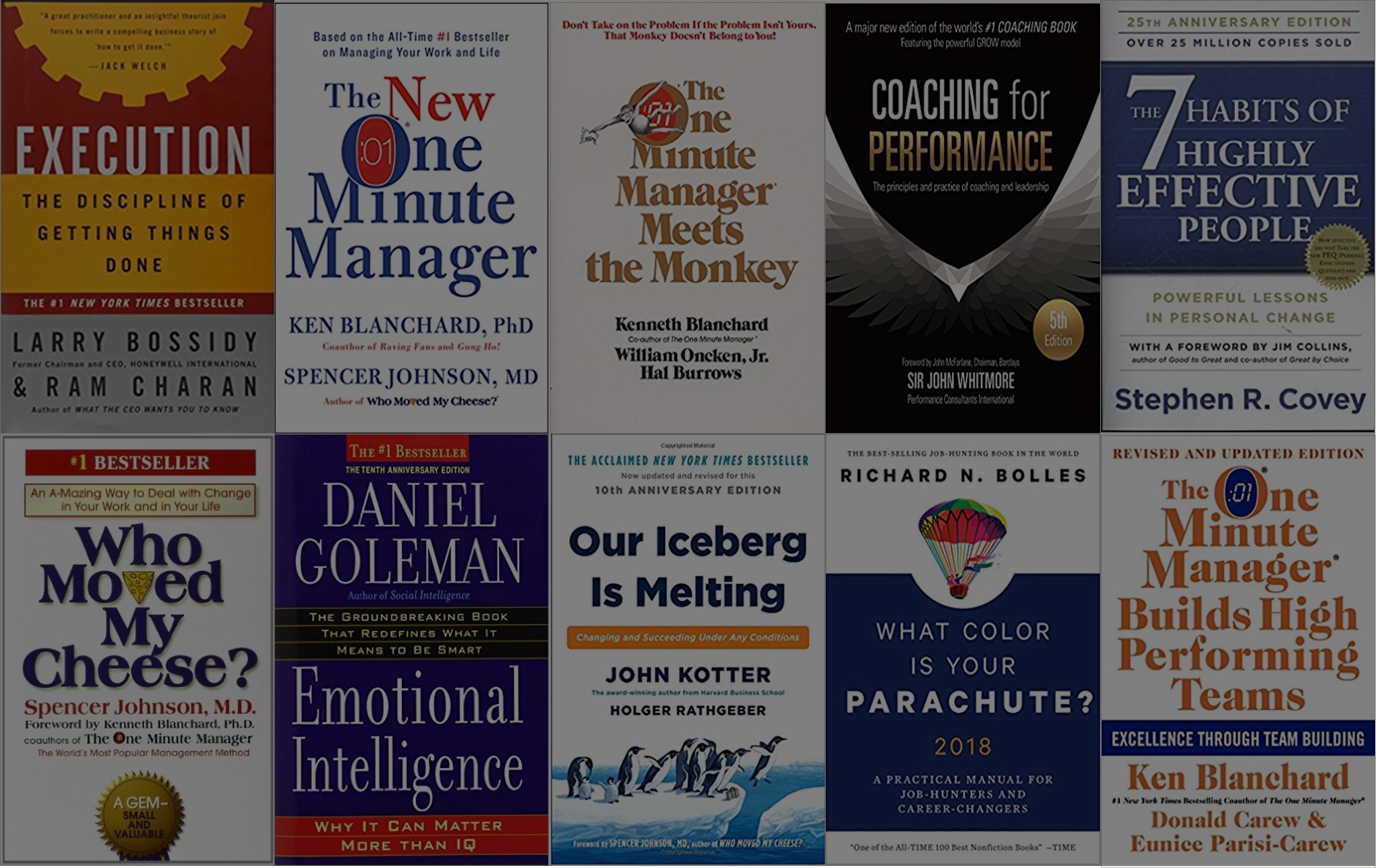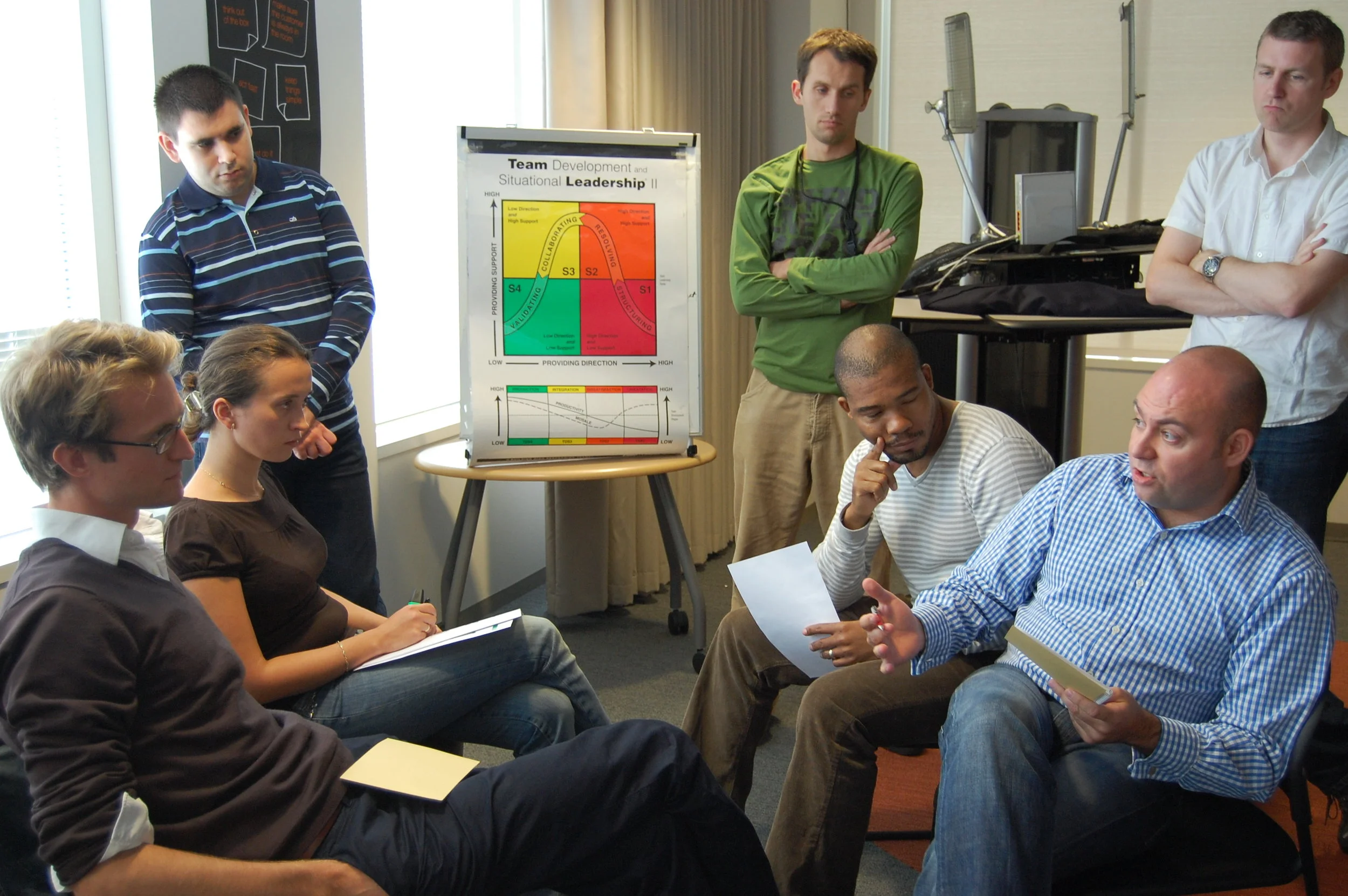What is the difference between an amateur, intuitive manager and a consistently successful one? The first one can be effective—sometimes. An intuitive manager is a motivated yet amateurish manager who learns from unanticipated failure or burnout.
The second, on the other hand, the consistently successful manager, reliably delivers superior results independent of the situation or assignments.
How does one become the second type, the true professional?
The consistently successful manager is a consummate professional who has developed a proven system over the years—a framework for long-term success. When their role expands, this agile and situational manager rises to the challenges and manages the change effectively. Whether the company goes through a major reorganization, an acquisition, a merger, a digital transformation or a strong initiative to boost sales, this person excels, and leaves the other managers in the dust. What is their secret?
For now, let us clarify the problem. The natural (intuitive) manager uses their past successes as a promise of future victories. They earned their organization’s trust by establishing a good track record on various past projects where expertise and involvement made the difference. That’s the good news. The bad news is that as the complexity of context increases, they continue to propose quick, superficial, operationally focused solutions to more complex systemic problems.
Typically, this manager is unaware of what specific skills and habits need to be developed for the long term. The feedback they receive is: “You are not being strategic enough,” or “Your department is slow to change,” or “You are not prioritizing well enough,” or “You need to improve your department’s execution.” This manager has little idea how to suddenly become “strategic” or “a change agent.” Yesterday’s hero is now a below-expectation performer.
You may hear this now-mediocre manager say: "Let’s train everyone, and then we’ll get better results.” Or "After all our communication, they still don't understand.” Or "Let's have a meeting, as this needs to be fixed and done by next week."
Without realizing it, they may be overconfident in their ability to cope with future changes. Yet, this manager is often blindsided by change initiatives. They focus on expert issues instead of creating human connections, reaching out to key customers or stakeholders, or spending far more time thinking about root causes of the problems to tackle. They do not learn how to self-develop, to lead teams to high performance, to identify core issues, coach others, create stronger business cases, or define change plans in a masterful way. Does this seem familiar?
How can this manager get started on the right path?
While the intuitive manager uses the same methods over and over, regardless of outcome,
the committed manager begins by shifting from a passive, wait-for-opportunities mindset to a proactive posture.
The framework approach of the successful manager includes a set of personal principles, values, beliefs, situation-relevant methods and tools, systemic analysis approaches, and a network of resources, including experts, coaches and mentors.
The successful manager understands that leadership is an art, not a corporate position. Similar to being an art practitioner, they understand that it takes commitment to learning, consistency, and years of practice to become masterful.
They spend far more time analyzing, looking for hidden, deeper causes of problems instead of rushing into superficial solutions. They are willing to build a highly cohesive team around them and spend considerable amount of time putting together a solid analysis before acting.
Are you facing serious transformational challenges in your company? If you are, simply drop me a line at info@herve.com.








